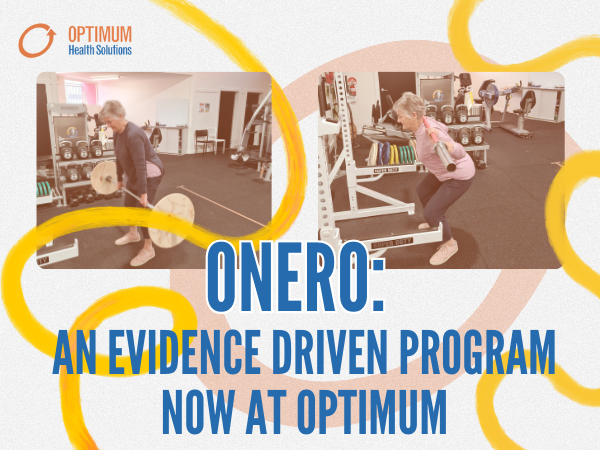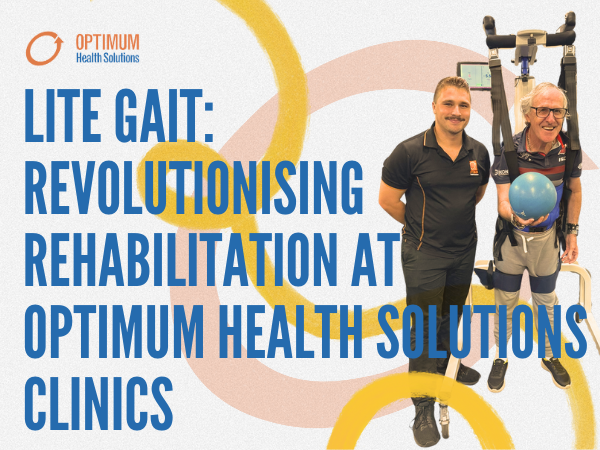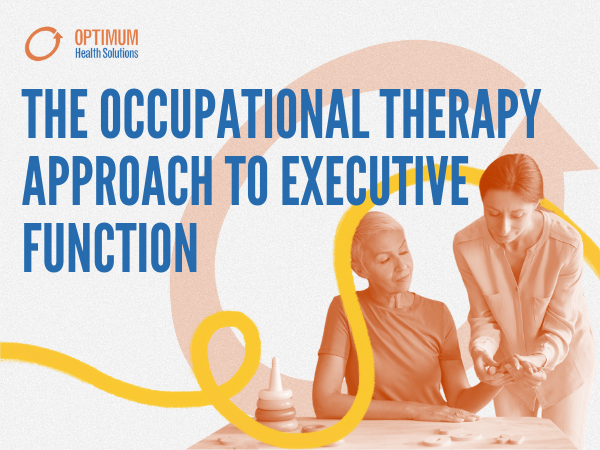What is frozen shoulder?
Frozen shoulder (shoulder adhesive capsulitis) is a chronic condition in which scar tissue builds up around the shoulder joint, causing progressive pain and reduced ability to move the shoulder. It usually resolves within 1.5-2 years although a small number of people may have residual ongoing pain and stiffness.
Who is at risk of developing it?
Frozen shoulder is a rare condition that affects 1-5% of the population. It usually occurs in people aged between 40-70 years old, and slightly more common in women. Conditions that may place a patient at higher risk of developing it include:
- Diabetes
- Previous history of having it in one arm
- Previous history of shoulder trauma, surgery or shoulder immobilisation
What are the symptoms of frozen shoulder?
- Progressive shoulder pain with no memorable trauma, particularly at the top of the shoulder joint
- Progressive stiffness, making it difficult to shower and dress for oneself
How can physiotherapists help with frozen shoulder?
The evidence shows physiotherapy can help to reduce stiffness and pain in the sub-acute stages of frozen shoulder. Sub-acute stage includes stage 2 and 3 which is outlined below
- Stage 2: High levels of pain and stiffness
- Stage 3: Profound levels of stiffness, with minimal or no pain
Treatment we can provide include shoulder joint mobilisation, active exercises and stretches to help with symptoms and function in the short term and long term!
Jain, T. K., & Sharma, N. K. (2014). The effectiveness of physiotherapeutic interventions in treatment of frozen shoulder/adhesive capsulitis: a systematic review. Journal of back and musculoskeletal rehabilitation, 27(3), 247-273.
Cavalieri, E., Servadio, A., Berardi, A., Tofani, M., & Galeoto, G. (2020). The Effectiveness of Physiotherapy in Idiopathic or Primary Frozen Shoulder: a Systematic Review and Meta-Analysis. Muscles, Ligaments & Tendons Journal (MLTJ), 10(1).








